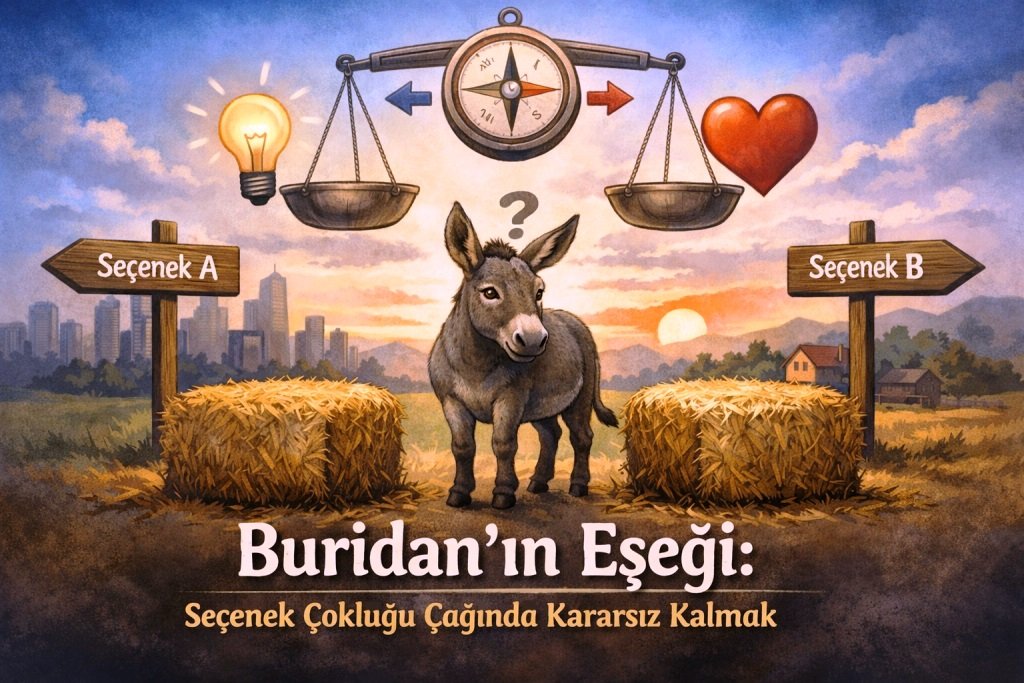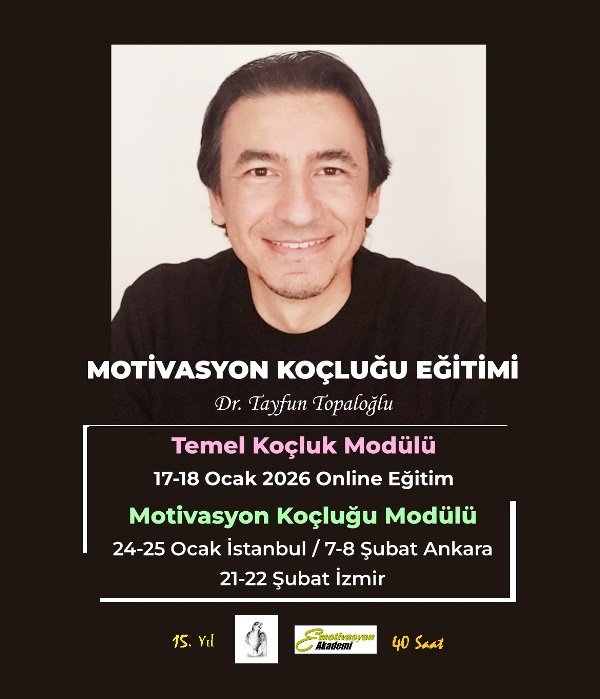Dark Matter: On Parallel Universes
The American science fiction series Dark Matter (2024), adapted from the novel of the same name in 2016, emerges as a thought-provoking production about human life, grounded in the theory of parallel universes.
Jason Dessen (Joel Edgerton), a physicist and family man, experiences a tragic event that turns his life upside down. One night in Chicago, while returning home, Jason is kidnapped by someone whose identity he later learns. When he awakens, he finds himself in an entirely different reality. Opening his eyes in a scientific facility, Jason manages to escape and returns home, only to discover that his beloved wife Daniela (Jennifer Connelly) and son have been replaced by a life with his lover Amanda (Alice Braga). In this reality, Jason is an award-winning physicist who has achieved great success and leads a completely different life. As the events unfold rapidly, Jason realizes he has been drawn into a different life in a parallel universe and embarks on a dangerous quest to find a way out and return to his real life.
The series is thought-provoking in its exploration of how our choices and decisions deeply impact our character, surroundings, and lives. How do the paths we choose shape our destiny, and how do our decisions irrevocably affect our lives? What kind of life would we have if we had made different choices in the past? As we watch this brilliantly crafted series, we find ourselves asking these very questions alongside Jason.
The central theme of the series, the parallel universe theory, is a cosmological hypothesis that suggests our universe is not the only one, but rather that many different universes may exist. This theory has long intrigued the scientific community and can be explained through several different approaches.
Quantum Mechanics and Parallel Universes:
Quantum mechanics is a branch of physics that studies the behavior of subatomic particles. The Many-Worlds Interpretation developed in this field posits that every quantum event leads to the creation of a new universe in which each possible outcome occurs. In other words, like in Schrödinger’s cat paradox, in one universe the cat is alive, while in another it is dead. This interpretation suggests that a new universe forms for every possibility.
Cosmological Approach:
In cosmology, the parallel universe theory proposes that our expanding universe, since the Big Bang, is just one part of a larger multiverse structure. Our universe could be just one of countless others within this multiverse. Each universe could have its own set of physical laws and characteristics, meaning they could be entirely different from our own.
Membrane Theory:
Also known as M-theory, this approach suggests that our universe exists on a massive membrane, and other universes exist on different membranes. These membranes could be very close to each other, but they do not interact because they exist in different dimensions. Proponents of this theory speculate that unusual phenomena around black holes could be the result of interactions between these membranes.
Simulation Hypothesis:
A more speculative approach suggests that our universe might be a simulation and that other simulations could exist outside of it. In this scenario, parallel universes could be different simulations or variations of the same simulation.
The parallel universe theory leads us to question profound philosophical issues such as existence, free will, and destiny, beyond being merely a scientific theory. If every possibility exists in a different universe, it suggests that the consequences of our choices are only valid in one universe, while in others, we might lead entirely different lives. The theory of parallel universes, which proposes that our universe is not unique and that there could be an infinite number of universes, is an exciting hypothesis. Although it may seem impossible to directly prove this theory at present, it continues to generate significant interest in the scientific community.
Teknoloji ve Yapay Zeka Yazıları
En İyi ve En Yeni Bilim-Kurgu Filmleri
Motivasyon ve Gelişime Dair En İyi Kısa Videolar

- All Movies
- List of Best Movies in Mini Categories
- Development and Motivational Films
- Movies of the Week
- Best Scenes from Movies
- IMDB 7.0+
- Animated Movies
- Success Movies
- Documentary Films
- Science fiction movies
- Biographical Films
- Courage Movies
- Series Movies
- Education World Movies
- Teen Movies
- Entrepreneurship Movies
- Survival Movies
- Business Movies
- Comedy movies
- Adventure-Action Movies
- Psychological Movies
- Romantic Movies
- Health World Movies
- Art World Movies
- Cinema Classics








